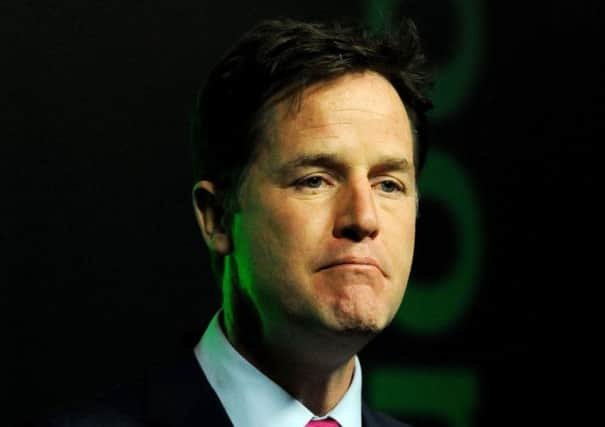Leaders: Keep powder dry over Russia’s World Cup


As if this was not enough to provoke global outrage, the reported looting of the crash site by pro-Russian rebels and the difficulty of Western rescue teams and inspectors to access the site has added to the revulsion felt round the world.
Little wonder that the Deputy Prime Minister Nick Clegg has called for Russia to be stripped of its right to hold the 2018 football World Cup. We need only to see how the Glasgow Commonwealth Games has done so much to confer favourable publicity and prestige on Scotland to have serious doubts on whether the Russian leadership should enjoy similar benefit from the World Cup. It would lose no opportunity to exploit the event to enhance its own standing and legitimacy in the wake of a tragedy that has breached international law and the most basic considerations of human rights. How can this go unpunished and sporting fixtures be staged in Russia as if nothing had happened?
Advertisement
Hide AdAdvertisement
Hide AdRussian president Vladimir Putin has failed to show any sign of contrition or regret. And heavy Russian armaments and military resources continue to pour into eastern Ukraine in defiance of all international norms. These are actions more akin to that of a rogue state and, as such, demand a response.
The world football governing body Fifa has rejected calls to change the 2018 host, responding that the tournament could be a “force for good”. Many might question whether Fifa’s own credentials, regarding what is and is not a “force for good”, are up to scratch.
Though such a move to strip Russia of the competition may be well-merited, it could fairly be argued that, however unlikely it may look at present, Russia should be given more time to reconsider its stance and to respond more sympathetically to worldwide condemnation. If there is no change in attitude from Moscow then the venue for the World Cup could and should be re-examined.
But there are other more immediate events where Russia’s participation can be challenged. A start could be made in applying pressure to withdraw the invitation to President Putin to attend the Group of 20 summit, to be held in Brisbane in November. The world cannot afford to ignore what has happened, and there is danger in behaving as if nothing has changed.